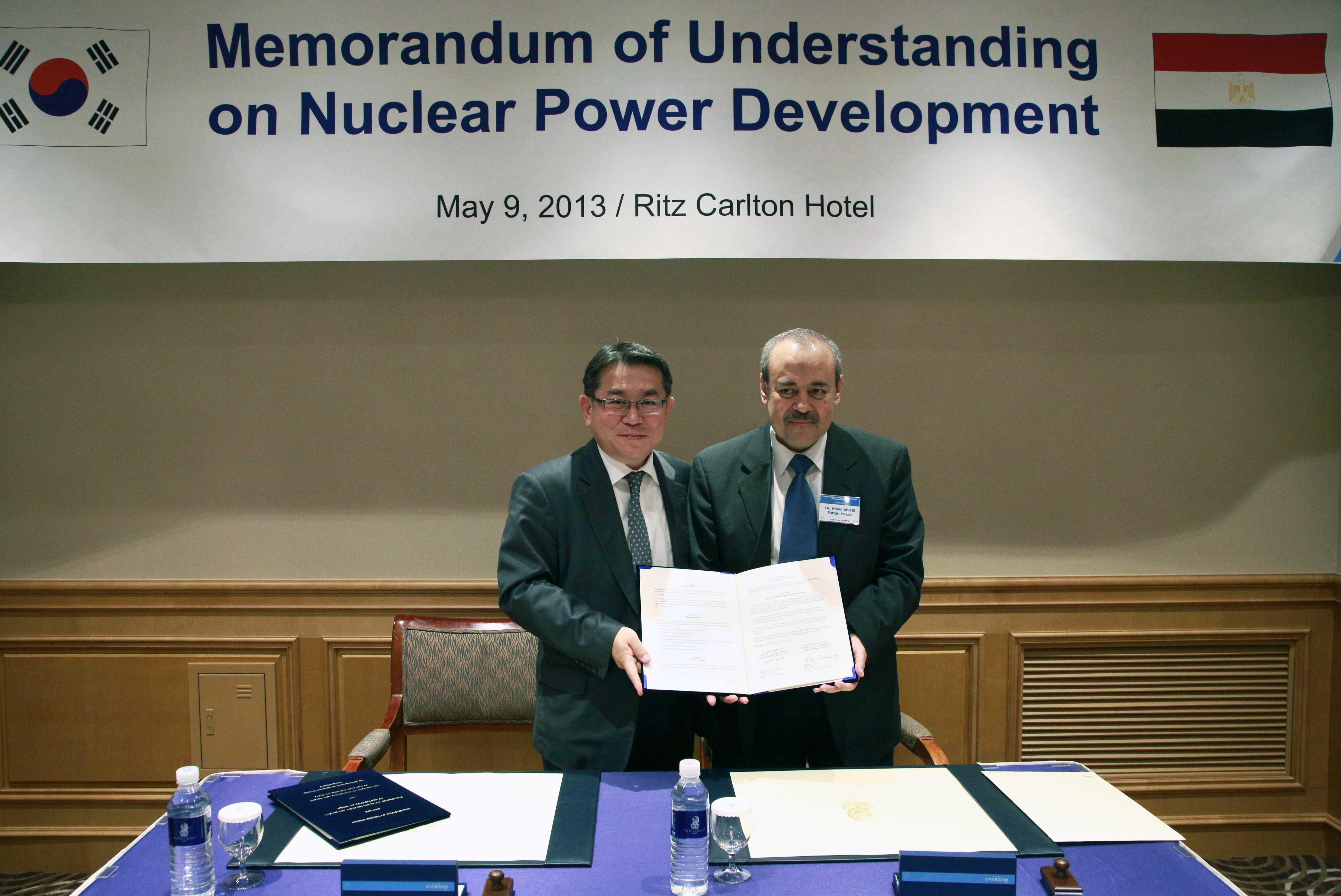CAIRO: Investor relations executives of companies listed on Egypt’s stock exchange were in the hot seat Monday as they answered questions regarding corruption cases, land deals and an overall volatile business environment.
A conference organized by the Egyptian Investor Relations Association and the Egyptian Exchange, under the title “Egyptian’s Bourse …Transparency is the Future,” brought together executives of companies from a variety of sectors.
After an almost two-month closure due to political events that led to the ousting of former president Hosni Mubarak, Egypt’s stock market will reopen on Wednesday.
Meanwhile, executives at the conference stressed the need for transparency and accountability of listed companies.
“Changing the culture of all stakeholders in the market is the first step to reform after the revolution,” said Ashraf Kamal, president of the Egyptian Investor Relations Association.
After the January 25 Revolution, he said, there are no limits to the power of media to question firms and no excuses for secrecy, adding that the public should have access to all relevant and accurate financial information.
However, some of the largest players on the market are mired in court cases, several with their CEOs facing corruption charges.
Bassem El-Shawy, investor relations manager at Palm Hills Developments, received the brunt of the questions regarding ongoing land disputes and the potential effect on investors and clients.
PHD is facing lawsuits questioning its direct purchase of land from the state as opposed to through a public auction, as a court ruled the sale illegal and should be scrapped — the qualm being that the land was priced well below market value.
Talaat Moustafa Group faces a similar ruling on its $3 billion Madinaty project, and both cases have made investors wary about investing in Egypt’s once booming real estate.
El-Shawy assured investors that the company would do everything in its power to defend its case, which he argued was legitimate since the company had followed land laws and regulations in place at the time “to the letter.”
He added that this was the only official case against the company itself, and that charges against CEO Yasseen Mansour would not affect operations, adding that Mansour had already been abroad for medical reasons when protests began in late January.
El-Shawy could not answer questions regarding what would happen if the company were forced to pay a fine to settle the dispute and how this would affect clients who had already purchased or made down payments on units.
“We are waiting for the judge’s decision and will take appropriate action accordingly,” he said.
He pointed out that the 930,000 square meters of land in the Kattameya area which is being contested in court is only 7.5 percent of the firm’s land bank, adding that he could not answer questions about whether the land would be confiscated.
“The company of course received cancellations during these troubled times but these only amounted to LE 120 million which if you compare to revenues of more than LE 5 billion in 2010 is not that much,” he said.
PHD is being as flexible as possible with clients in terms of payments, giving them extensions on monthly installments, he added.
Projects will be delivered on time, he said, and delivery of half of the units in Palm Hills Kattameya — which he said was 90 percent complete — would be by June and the remaining units by the end of the year.
“The advantage of delivering our units on time is it maintains client confidence and it is realized as revenue in our accounts,” El-Shawy said.
The company will not change its business strategy, saying that the firm had focused on targeting upscale real estate for a while, and then moved on to targeting B and B+ class clients.
“I don’t think we are going to target anything less than that,” he said.
Regarding the stock market and what the company would do to support its stock, El-Shawy said anything done to support the stock would only delay the inevitable.
“Investors are going to leave the market and it is going to lose its value, but this is expected and I think the best thing is for us to let the price decrease as quickly as possible so it reaches a price that is very attractive for investors making it go back up again and become stable sooner rather than later,” he said.



